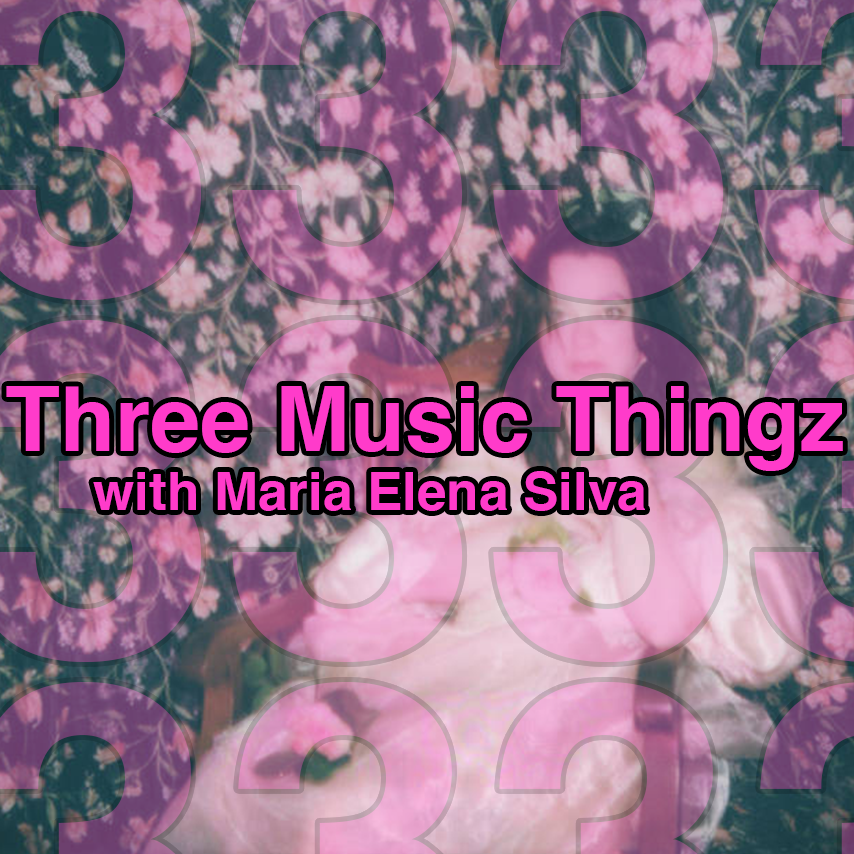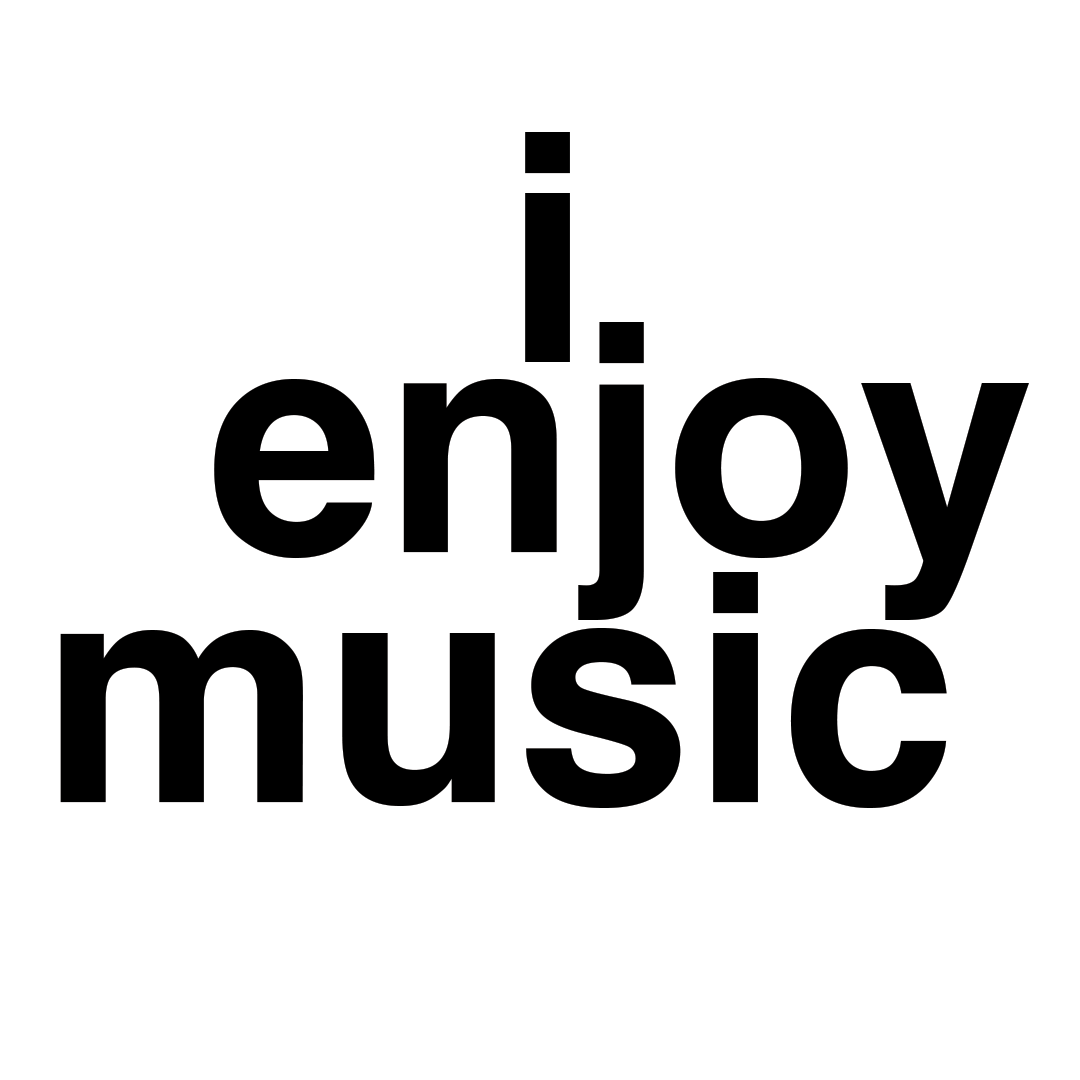Three Music Thingz with Maria Elena Silva

Welcome back to a brand-new edition of Three Music Thingz, where I ask music people for three thingz that are essential to their music-making.
I got an album in my mailbox recently that is another curveball from my usual taste in high-bpm party rock — Maria Elena Silva's Dulce (Astral Spirits Records & BIG EGO Records). A smoky, dreamy dance of both electric and nylon-string guitar, Dulce feels less like an "album" and more like a collection of songs you might hear a troubadour singing on the move from town to town. That's the vibe: very romantic, expansive, alternately cloaked and revealed, with Maria's voice skimming over the landscape like a secret just on the edge of being told. It got me feeling all...mysterious 🌚
My favorite song is the opener "Love, If It Is So," which features Marc Ribot on guitar and Stephen Hodges on percussion (their first collaboration since they were on Tom Waits' 1985 album Rain Dogs, which is pretty fucking cool!) and builds to a dramatic vocal apex over ardent, triplicate strumming: "This is love," Maria sings, simply and ardently.
I was very excited to see what Maria would pick for her three thingz and the answers were just as enigmatic and exquisite as the album itself. Check 'em out below:
- The "center"
I write fairly loosely, leaving lots of room for improvisation, interpretation and extension. What I find most musically interesting, in all of the music I listen to, is when there's a "center" of some sort — be that the root, motif, head, key, balance, what-have-you. Sometimes the "center" is melodic, sometimes it's sonic. Some producers have it in everything they do; Spector and Refree come to mind. And some artists have it too, in their core — Mark Knopfler is such a great example, and you hear his center in Dylan's Infidels. I try to discover where my mutative center is when I'm writing and that often dictates what type of energy and instrumentation is going to best enhance the idea when its ready to record. To basically find the center, and improvise around it — that's the goal. - The "space"
When it comes to composing, I want a lot of balance. If I'm going to entrust my guys with a wild section here I feel strongly about reciprocating that frenzy with some negative space there; never just dynamically charged song after song. I practice a lot of patience in my playing and though I don't necessarily require the same patience from my collaborators, I hope for their persistence rather, to endure the space where it lies. The most satisfying pieces of music I've heard in my life require a great deal of time to blossom. Even in the art-pop world I try to address that type of composition, and defer to the greats by allowing my own work to develop in real time, so that I can glide instead of rush. - The "muse"
I write autobiographically, but there are imposing muses that provide a lot of direction to my music. Typically I go for a concept for a while and when I see the path, I'm able to start realizing what instrument or person would best push the work to its limit. Once I settle on that idea, I complete the writing with it in mind, and often tweak earlier pieces to lean into where I think that addition is going to naturally take them. My albums shift stylistically a lot depending on who I've called on to feature, and that's in large part because of their influence during the writing process, before they ever get near the actual music. I fall fast and hard for good tone and confident playing, so it's easy for me to get wrapped up in a collaboration before it's even begun.

Here's Maria Elena Silva's aggregation of links.





